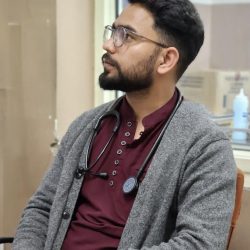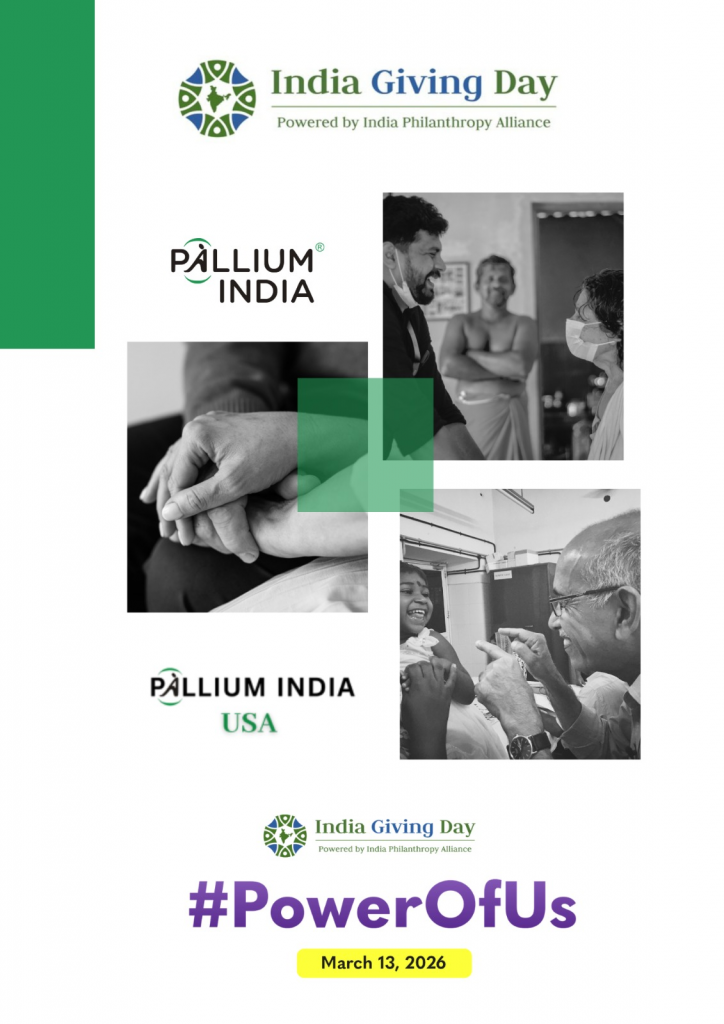No Admission for Cancer Patients!
Dr Aditi Chaturvedi of Ganga Prem Hospice writes:
Being a person with cancer in India often means that local doctors and hospitals will refuse to give even basic help when symptomatic relief may be desperately needed.
All too often, a person with cancer will be turned away and told to go to a ‘cancer hospital’. Hospitals with facilities for cancer patients are few and far between in most states and help may be too far away for the patient to reach the hospital alive.
A typical example was Mr K who suffered from cancer of the jaw. He reported to a local hospital suffering from sudden abdominal distension and diahorrea. The doctor there said: “But you are a cancer patient. This is a general hospital, you need to go to a cancer hospital,” and turned Mr K away without any basic investigation or symptom relief.
The only cancer hospital in the state was 100 kilometres from his home town and although the family immediately set off with him, Mr K died on the journey before reaching the hospital.
Another example is Mrs B, who had an advanced head and neck tumour. Mrs B is diabetic and suffers from breathlessness. She also has difficulty in swallowing.
Being a cancer patient, local doctors and hospitals turn her away and refuse to attempt any basic symptomatic relief or advice on how to manage her symptoms at home.
The questions that need to be asked here are: ‘Do symptoms such as pain, breathlessness and vomiting need a specialist cancer hospital?’ ‘Are we as doctors justified in referring patients to cancer hospitals without at least first offering preliminary symptomatic care?’ ‘Would we expect ourselves to be treated in this way if we were suffering with advanced cancer?’
What is the root of the problem? Is it that symptomatic control was not emphasised sufficiently in our undergraduate medical schools? I do not recall any classes on palliative care or even pain control as a medical student.
Is it that as doctors in India we are conditioned to ignore patients’ feelings and immediate needs and focus on cure alone? Or is it that cancer cure from surgery, radiotherapy and chemotherapy has become so paramount in our minds that we forget that we are dealing with human life which feels and needs immediate relief from pain and symptoms?
Does our undergraduate medical curriculum do justice when it comes to dealing with patients suffering from life limiting illnesses?
A reform in medical curriculum is certainly needed urgently. We need to be aware of our patients as human beings like ourselves, rather than just focusing on the existence of the disease.
We need to have a good understanding of palliative care from the beginning of our training. We must know that palliative care and pain control is a human right and act accordingly, ensuring we are skilled to at least provide basic control of distressing symptoms.
If we are fortunate enough to work in a facility which has access to a palliative care team we should know when and how to refer to the team.
Are we afraid to admit people with cancer to our hospitals because they might die in the hospital and therefore increase our hospital death rate? Is it that we have been taught not to accept death, that death indicates a failure, so we should avoid it, sending the patient home or elsewhere?
Surely we as doctors need to teach ourselves and those we are training to accept death as a natural process and not as a failure. Times are changing in the medical profession but sadly far too slowly.
This article originally appeared in ehospice and is republished here with permission.






